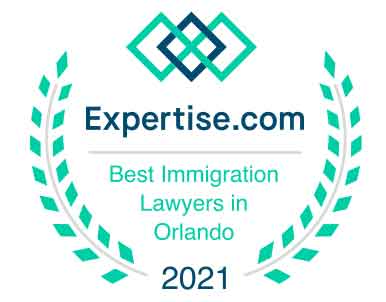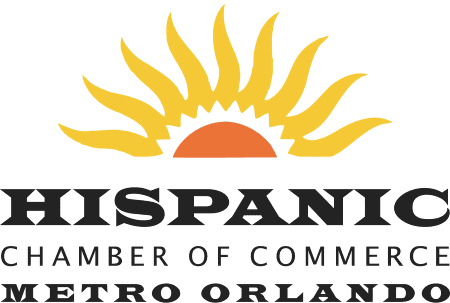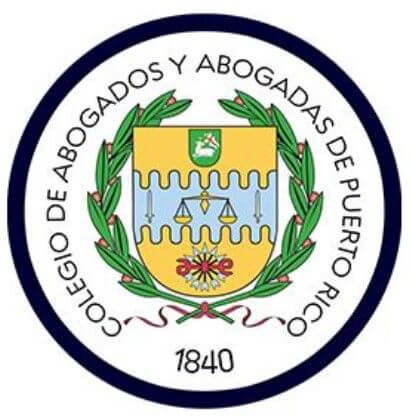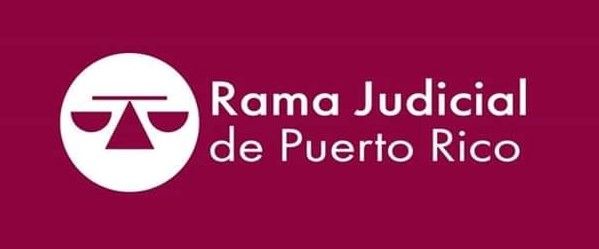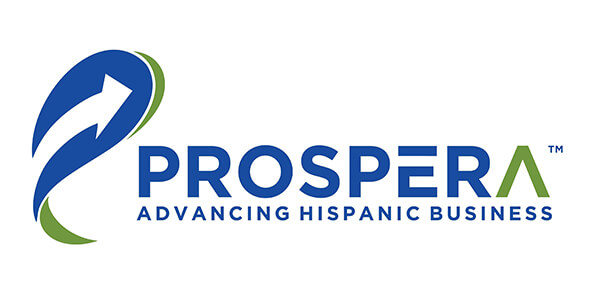Central Florida Visa Attorneys
Helping You Understand Your Visa Options
If you are hoping to live and work in the United States permanently, you will need a lawful permanent resident card. Lawful permanent resident card can be obtained through family-based immigration, employment-based immigration, and select other avenues, including seeking asylum.
Should you not yet qualify for a lawful permanent resident card or wish to only temporarily visit or work in the United States, you will need a nonimmigrant visa. Our visa lawyers at Central Florida Immigration Attorneys can assist you with both immigrant and nonimmigrant visas.
Our experienced team can help you obtain a new visa or work with you to secure an extension of an existing visa. We are familiar with all types of visas and can help you understand the rights and responsibilities associated with each visa type.
If you are ultimately hoping to become a lawful permanent resident, we can identify which nonimmigrant visas allow recipients to seek lawful permanent resident card.
Our Visa Services
After reviewing your goals for visiting, living, working, and/or studying in the United States. We help you to determine what visa you will need to achieve them. We will then assess your eligibility and help you understand what visa options may be available to you.
Our visa lawyers at Central Florida Immigration Attorneys can also assist you with filing extensions for your visa. We have over 20 years of combined legal experience and can help you overcome any obstacles that you may encounter throughout the visa application process.
Start exploring your visa options with us today. Call
407-710-9026 or contact us online to request an initial consultation.
Our Central Florida Visa Lawyers Can Assist You With:
Asylum Status
If you have a well-founded fear that you will be persecuted on the basis of your race, religion, nationality, political beliefs, or membership in a particular social group should you be returned to your home country, you can potentially qualify for protected asylum status. Asylum status is granted indefinitely but can be terminated should the well-founded fear of persecution no longer exist.
Asylees can apply for lawful permanent resident card after 1 year and citizenship after 5 years. To obtain this status, asylum seekers will need to prove the legitimacy of their fear of persecution.
B Visas for Tourism and Certain Types of Business
B-1 and B-2 visas are issued for those looking to temporarily visit or complete select types of business in the United States.
Acceptable forms of business include:
- Negotiating or closing a transaction
- Settling a deceased loved one’s estate
- Or attending a conference in your occupational field
B visas can also be used to take vacations, visit family, or receive medical care. B visas cannot be used to seek education in the U.S. or as a means of facilitating long-term employment. They last for a maximum of 180 days, and recipients can apply for green cards.
E Visas for Treaty Traders and Investors
E-1 and E-2 visas are intended for traders and investors hailing from countries that participate in commercial treaty agreements with the United States. Treaty traders seeking E-1 visas must be responsible for facilitating “substantial trade” between the U.S. and their home country.
Treaty investors looking to obtain E-2 visas must typically invest a minimum of $100,000 in a qualifying U.S. business or enterprise. E-1 and E-2 visas are nonimmigrant visas and do not allow beneficiaries to seek lawful permanent resident card. However, the visas are valid for 2-year increments and can be renewed an unlimited number of times so long as the visas’ qualifications continue to be met.
F-1 Visas for Students
Students looking to attend a United States school, college, university, conservatory, or seminary will need an F-1 visa. This visa allows the recipient to temporarily live in the U.S. and enroll full-time in a qualifying academic institution. The F-1 visa is a temporary, nonimmigrant visa, meaning that it cannot facilitate a lawful permanent resident card.
H-1B Visas for Workers in Specialty Occupations
United States employers can hire foreign workers for jobs that require some form of specialized knowledge and at least a bachelor’s degree or foreign equivalent.
This can be common in the:
Prospective employers must demonstrate that there is a shortage of qualified domestic workers and that the hiring of a foreign employee will not adversely impact the wages, conditions, or benefits of U.S. workers in similar positions. United States Citizenship and Immigration Services (USCIS) currently only issues 65,000 H-1B visas each year, with an additional 20,000 visas potentially available for jobs requiring a master’s degree or higher.
Applicants will be subject to a lottery. Recipients can live and work in the United States for an initial period of 3 years, and the visa can be extended to last up to 6 years. Though the H-1B visa is considered temporary, beneficiaries can apply for green cards while in the United States.
H-2B Visas for Skilled and Unskilled Seasonal Workers
U.S. employers can utilize the H-2B visa to augment their workforces in peak seasonal periods when there is a shortage of domestic employees. The work must be temporary and nonagricultural in nature. Only 66,000 visas can be issued each year, and applicants are subject to a visa lottery.
Recipients can live and work in the United States for 1 year. In certain situations, the H-2B visa can be extended to last up to 3 years in total duration. You will only be able to obtain a lawful permanent resident card through an H-2B visa if your U.S. employer is willing to sponsor you for a permanent employment position.
O-1 Visas for Individuals with Extraordinary Abilities
Workers with “outstanding,” nationally or internationally recognized abilities in the arts, sciences, education, business, or athletics industries can qualify for the temporary O-1 visa. These visas allow those with extraordinary abilities to complete work relevant to their field for a sponsoring employer.
O-1 visas are flexible and can last for the duration of the qualifying work event or a maximum of 3 years. They can also be extended indefinitely in 1-year increments. Applicants will need to provide extensive evidence that demonstrates the extraordinary nature of their abilities and accomplishments.
P Visas for Athletes and Entertainers
P-1 visas can allow foreign athletes to travel to the United States to compete in a qualifying event or competition.
P-2 visas allow foreign artists and entertainers to temporarily work in the U.S. as part of:
P-1 and P-2 visas are both valid for the duration of the qualifying event or for up to 1 year, though they can both be extended in 1-year increments. Recipients of P-1 and P-2 visas can seek lawful permanent resident cards.
R Visas for Religious Workers
This visa can be issued to foreign workers who have been hired to temporarily serve as a minister or work in a religious occupation by a nonprofit, U.S.-based religious organization. To qualify, a prospective applicant must have maintained membership with a religious denomination for at least 2 years prior to seeking an R visa.
R visas will initially last for 30 months but can be extended to last for up to 5 years. In many cases, R visa recipients will also qualify for green cards if their employer is willing to sponsor them.
TN Visas for Citizens of Canada and Mexico
Professional workers that are citizens of Canada or Mexico can be eligible for a TN visa if they secure a qualifying permanent job offer from a United States employer. TN visas initially last for 3 years but can be extended an unlimited number of times. Recipients are permitted to seek lawful permanent resident cards.
U Visas for Victims of Crimes
If you were the victim of or witness to a serious crime, you may be able to stay in the United States if you can provide useful information to a law enforcement agency. U visa recipients must demonstrate that they suffered physical or mental anguish as a result of their involvement in the criminal act. Beneficiaries can live and work in the country for up to 4 years. After 3 years, they can apply for lawful permanent resident cards.
The Violence Against Women Act (VAWA)
Noncitizen victims of domestic violence may be eligible to “self-petition” for immigration benefits. This can allow spouses and elders to seek immigration relief without the cooperation or knowledge of a U.S. citizen or lawful permanent resident abuser.
Take an Inside Look at Our Clients’ Immigration Journey
Changing the Lives of Individuals & Families One Immigration Case at a Time
Schedule A Consultation

